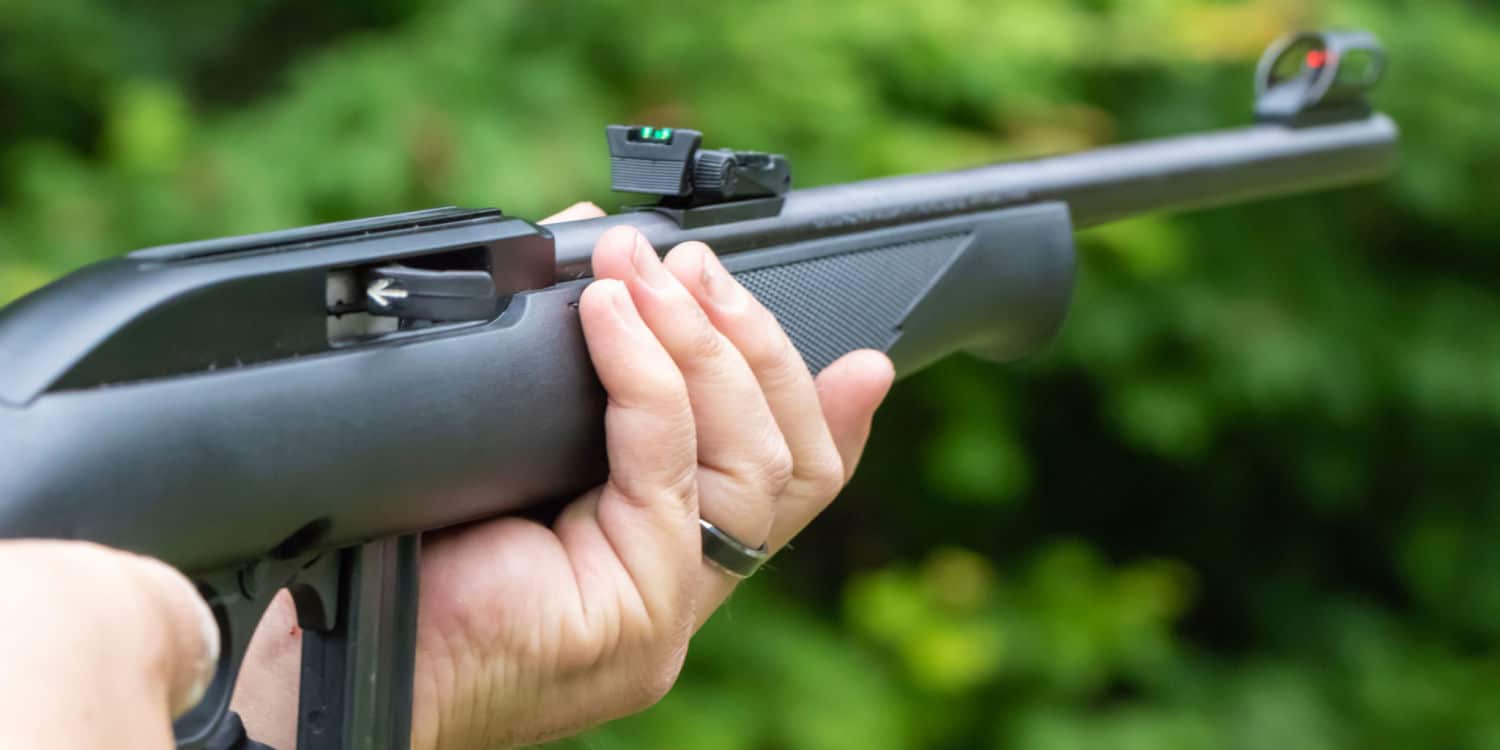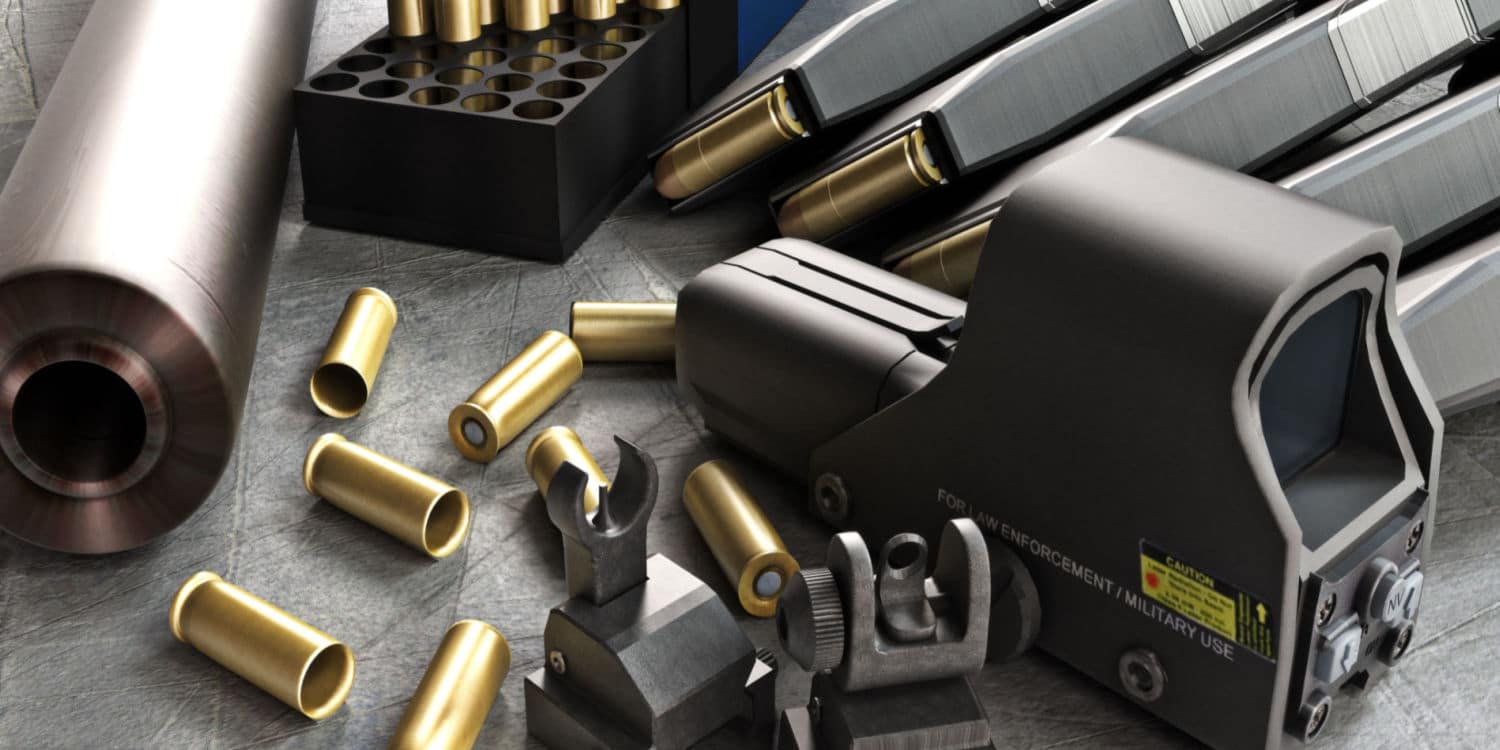
What is Plinking?
Whether you are a novice with a firearm or have children showing interest in learning to shoot, plinking may be for you. It teaches you

Whether you are a novice with a firearm or have children showing interest in learning to shoot, plinking may be for you. It teaches you

There are many types of firearm accessories available. Shopping for new additions to your collection is exciting for new and experienced gun owners alike. However,
1400 S. Alvernon Way
Tucson, AZ 85711
(520) 274-7908
9am-6pm Monday – Saturday
Closed Sundays


Need an FFL Transfer?
Looking for our online store?
Would you like to register for a CCW Class?
Want to book time in our Shooting Range, or our MILO Virtual Range?
If you still have questions, submit this form and we’ll get back to you as soon as we can.